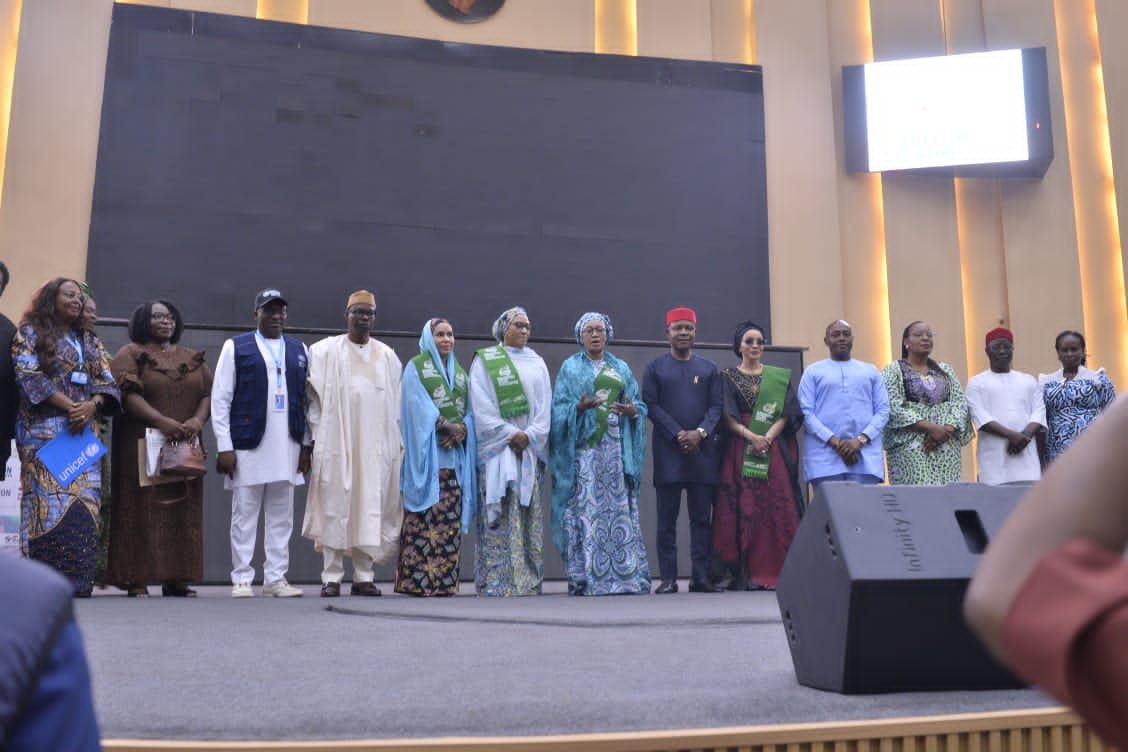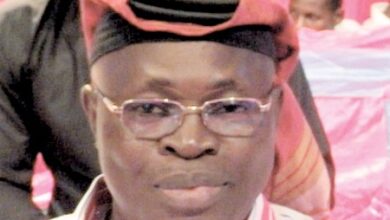FG Reaffirms Commitment to End HIV/AIDS by 2030, Launches ‘Free to Shine’ Campaigns in South-East

The Federal Government, through the Federal Ministry of Health and Social Welfare, has restated its commitment to eliminating HIV/AIDS as a public health threat by 2030.
This pledge was underscored with the official launch of the ‘Free to Shine’ Campaign for the South-East region in Enugu by the Organisation of African First Ladies for Development (OAFLAD).

Flagging off the campaign during her two-day working visit to Enugu State, Nigeria’s First Lady, Senator Oluremi Tinubu, CON, described the initiative as part of a broader continental movement led by the African Union and OAFLAD. The campaign aims to eliminate HIV/AIDS, Syphilis, and Hepatitis across Africa by 2030.
“Nigeria bears the highest burden of HIV/AIDS in Sub-Saharan Africa, particularly among children, women, and other vulnerable groups,” said Senator Tinubu. “The Free to Shine campaign seeks to reverse this trend by preventing new infections—especially mother-to-child transmission—and ensuring every child born with HIV receives the treatment and care they need.”
With the South-East being the final geopolitical zone to launch the campaign, the initiative is now active nationwide. According to the Federal Ministry of Health, over 100,000 children and nearly 2 million adults were living with HIV in Nigeria as of 2024. A large number of HIV-positive mothers do not test their infants early, often due to limited awareness, resulting in preventable child deaths.
Senator Tinubu also emphasized her advocacy for the Triple Elimination of HIV/AIDS, Syphilis, and Hepatitis, citing their devastating public health impact. If left untreated, these diseases can lead to miscarriages, stillbirths, congenital anomalies, liver disease, and infant mortality.
“This campaign is part of our collective vision for a healthier Nigeria under the Renewed Hope Agenda of President Bola Ahmed Tinubu, GCFR,” she noted. “We must strengthen partnerships with traditional and faith-based institutions, and expand access to testing, counselling, and treatment services.”
The First Lady lauded the efforts of frontline health workers, national agencies like NACA and NASCP, and international partners including WHO, UNAIDS, UNICEF, UNDP, PEPFAR, and EGPAF. She also called on state First Ladies to actively lead the campaign in their respective states.
In a special appeal to Nigerian youth, she said: “You are the most vulnerable, but also our greatest hope. Protect yourselves.”
Also speaking at the event, Dr. Iziaq Adekunle Salako, Honourable Minister of State for Health, hailed the First Lady as Nigeria’s Chief Public Health Champion, acknowledging her instrumental role in mobilizing national action.
“Your leadership has helped reinforce the message that HIV, Hepatitis, and Syphilis are both preventable and treatable. These are no longer death sentences,” he said.
Dr. Salako highlighted key elements of Nigeria’s national HIV response, including: Prevention of Mother-to-Child Transmission (PMTCT), Voluntary Medical Male Circumcision (VMMC), Access to Pre- and Post-Exposure Prophylaxis (PrEP/PEP), and Expanded STI testing and treatment.
He reported that 1.7 million Nigerians are currently receiving antiretroviral therapy (ART), with continuous budgetary provisions in place to guarantee drug supply. The integration of HIV-positive individuals into national health insurance schemes is also enabling broader access to diagnostics and long-term care.
Latest figures from NASCP show a steady decline in new HIV infections and vertical transmissions, with projections indicating sharper reductions by the end of 2025.
Dr. Salako urged state governments to increase domestic health funding, absorb critical health workers, and reduce dependency on shrinking donor support.
“To the youth,” he said pointedly, “the best prevention for HIV and other STIs is a cup of water—not before, not after, but instead of sex.”
READ ALSO: Building a Better Nigeria:Legislative, Developmental Strides of Senator Jimoh Ibrahim
Under the Renewed Hope Initiative, the ‘Free to Shine’ Campaign continues to drive national action through prevention, awareness, and sexual health education. With strong leadership, local ownership, and sustained community engagement, Nigeria remains on track to achieve the UNAIDS 95-95-95 targets by 2030.





